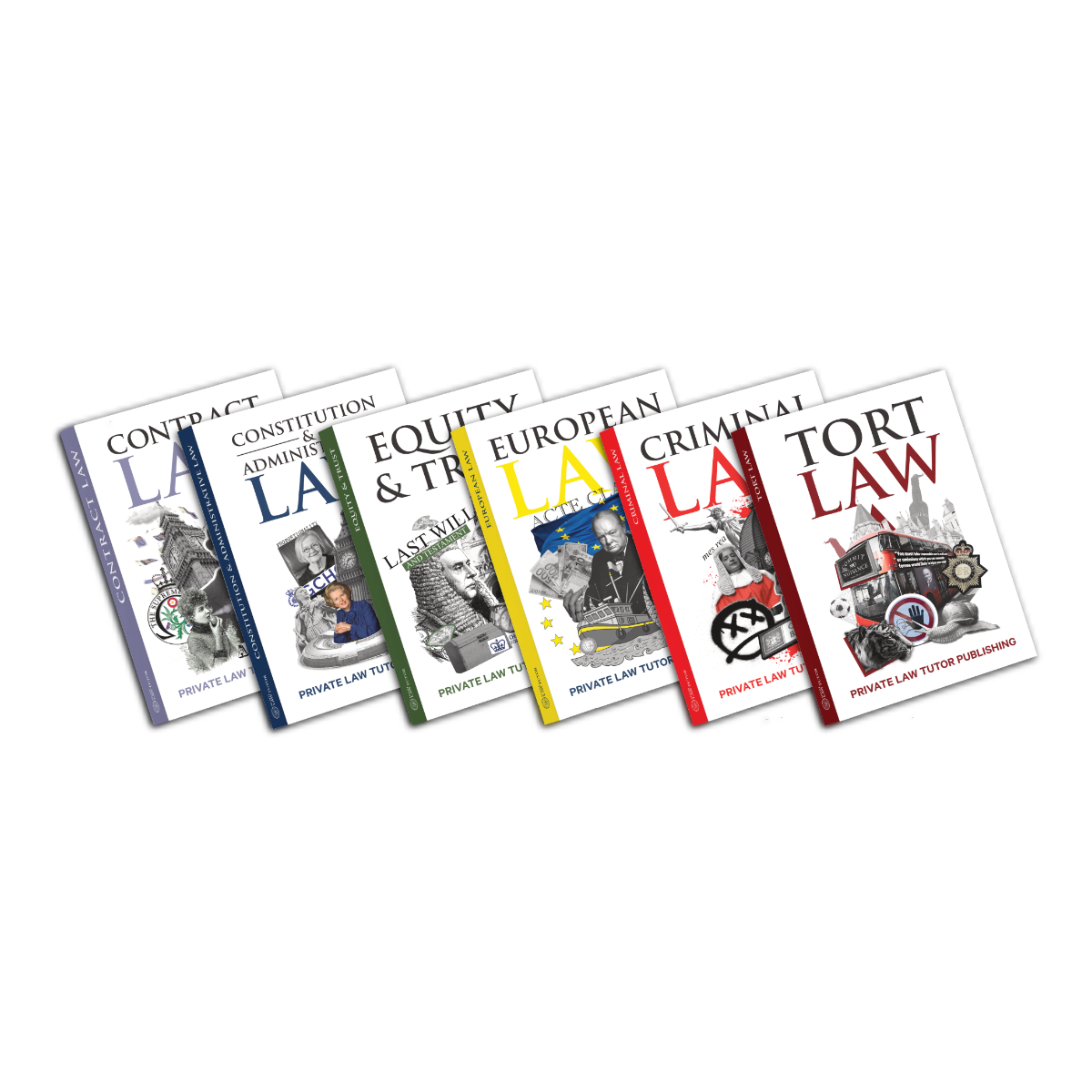In loco parentis
In loco parentis meaning
In loco parentis is a Latin term that translates to "in the place of a parent." It is a legal notion that provides some people or entities the ability and obligation to act as a parent for a child, even if they are not the child's biological parents or adoptive parents. This applies even if the person or entity is not related to the child in any way. In essence, it grants permission for certain persons or organisations, such as schools, teachers, or guardians, to assume parental rights and obligations in order to safeguard and look out for the well-being of the kid while they are in their care.
In loco parentis theory
This theory gives these people the authority to make choices about the child's education, disciplinary actions, and medical care on behalf of the child, provided that they do so in the child's best interests. However, it is essential to keep in mind that the meaning of "in loco parentis" has expanded over the course of time, and its precise parameters might shift based on the legal system in question as well as the particulars of each individual case.
best interests test
How do the courts decide what is in a child's best interests? When determining what is in the child's best interests, there may be a number of different elements to take into account for each unique circumstance. Making a choice that will most benefit the child's overall wellness is often referred to as acting in the child's best interests.
The Children Act of 1989 was founded on the tenet that every choice must be made with the best interests of the child in mind. The "Welfare Checklist" is outlined in Section 1 of the Children Act of 1989 and may be used to assist establish what is in the best interests of the kid. The checklist's seven items are as follows:
The child's discernible wants and emotions (as appropriate for his age and level of knowledge);
His/her intellectual, mental, and physical requirements;
The potential impact on him of any modification to his situation;
His/her age, gender, history, and any other traits that the court deems significant;
Whatever injury he/she has already experienced or might potentially experience;
How competent each of his parents, as well as any other person the court deems relevant, are of providing for his needs;
The scope of the court's legal authority under this Act in the relevant proceedings.
Law books
Law Tutor's books are a comprehensive collection of law notes that have been tailored to meet the requirements of the SQE assessment specification, the CILEX qualification framework, and the LLB programme at the University of London. These books have been published by an individual who has both taught and practised law as a barrister. The legal books are beneficial to anybody who is enrolled in a law programme at any institution or who is preparing to take the LLB, SQE, CILEX, PGDL, GDL, or UOL law examinations.


